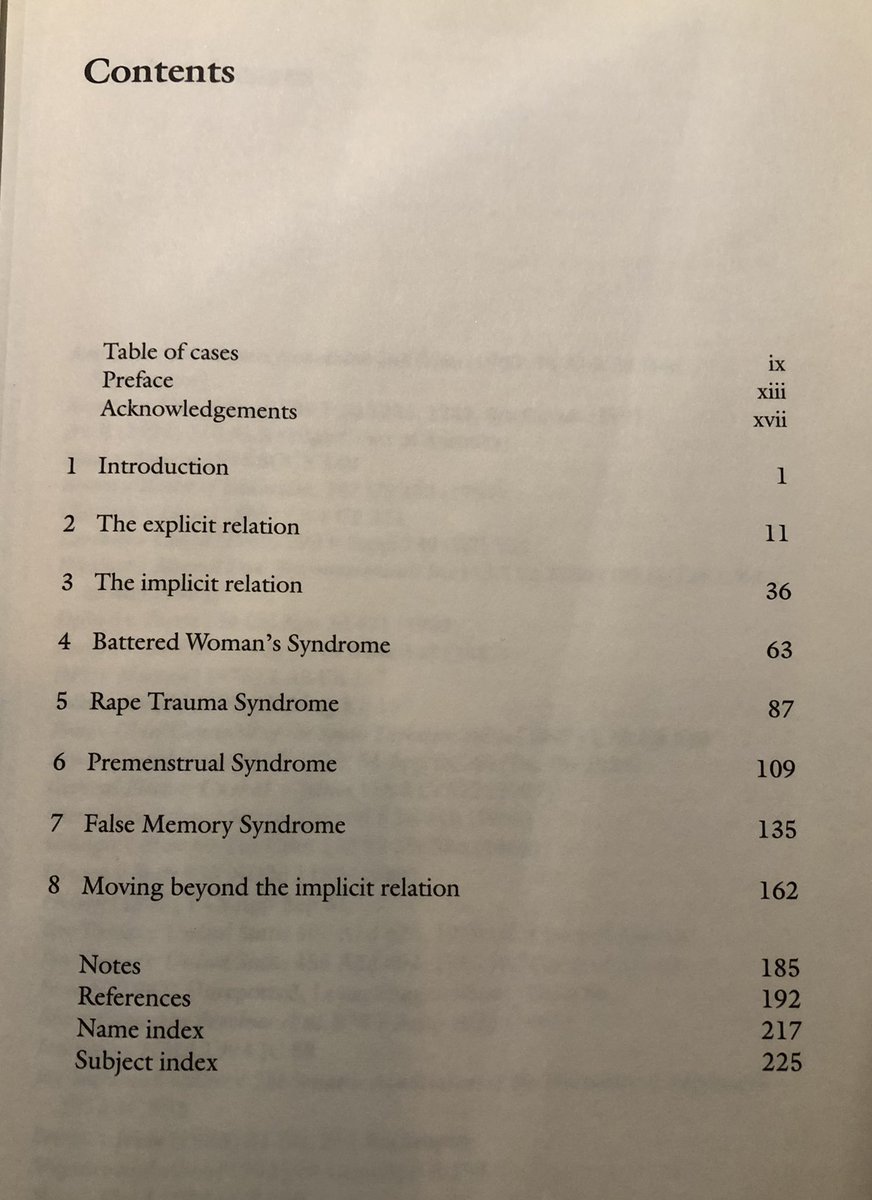
A THREAD on t emotional impact of Early Boarding Schools. They've been such an institutn w/in British culture that its been hard to contmplate t emotional damage they might leave. But what if that's possible - and t damage ripples to others? How do we TALK abt it? Some videos... 

2. Here's @nickduffell incredibly powerful & uncomfortable 1994 documentary 'The Making of Them', which followed young boys heading off to boarding school. Look out for the repressed emotional distress.
3. Here's the incredibly powerful & uncomfortable 2019 animation from @tony2gammidge 'Norton Grim and Me'. He explores the feelings of being sent off to school age 7. I feature Tony's work in my book #TigersAndTeddies.
tonygammidge.com/my-films
tonygammidge.com/my-films
4. Here's @SimonPartridge talking w/ @PiersCross1 about memories of being sent to boarding school, aged 6. piers-cross.com/aem-podcast-16…
5. Here's @jebrittan2 ensuring that girls' experiences are represented in this conversation too. She talks here w/ @PiersCross1 , working constantly to try to get society to pay attention to the still-ignored impact of sexual abuse in boarding schools.
piers-cross.com/aem-podcast-18…
piers-cross.com/aem-podcast-18…
6. Here's @GeorgeMonbiot , whose @guardian video starts by pulling no punches: "Boarding School at an early age is child abuse." He knows because he was sent away to school age 8.
7. Here's @axrenton, who wrote the book Stiff Upper Lip to try to get the rest of us to SEE the pain involved in this ordinary cultural practice. Here he is in the 2017 feature on @Channel4News showing him leaving for school aged 8.
8. Here's @JoySchaverien , who has done so very much as a therapist to explain the processes by which the damage is done when children are separated at such early ages from families (who planned from the beginning to do what was normal - send them away).
9. You'll get t idea, even if you've not yet watched any of the videos. Masses of people now argue that early boarding school causes damage. That can easily go unresolved & risk rippling out damage to others. In fact, there's a call to CEASE early boardng. richardhughestherapy.com/post/time-to-e…
10. Here's 1968 footage of Prince Andrews, arriving at boarding school, aged 8. Note the jaunty, adventurous music.
11. Here's Andrew in 1972, already at the school for 4 years. This music is even more jaunty in this one!
12. Yes, the 50 stuffed animals organised on Andrew's bed featured on television last night. No, not as a child. As an adult. He insisted that they be put back in the right order by maids. theguardian.com/tv-and-radio/2…
13. Here's a wee bit of Ghislaine Maxwell's history, sent off to boarding school at 9. gazetteandherald.co.uk/news/19815387.…
14. Here's Prof Andrew Cooper talking about the 'complex family roots of cruelty & abuse' in relation to Maxwell's case. "Delve into the backstory of any cruelly troubled individual and you discover an intergenerational history." theguardian.com/us-news/2022/j…
15. Here are the risks I've taken in offering this thread.
1) Some people may feel that highlighting childhood distress somehow excuses adult cruelty. No. It. Doesn't. Adults need held to account. But if we want to stop cruelty, we need to stop ignoring childhood distress.
1) Some people may feel that highlighting childhood distress somehow excuses adult cruelty. No. It. Doesn't. Adults need held to account. But if we want to stop cruelty, we need to stop ignoring childhood distress.
16. Second risk. 2) Not everybody who was an early boarder commits cruel actions. Well. Thank. Goodness. For. That. So how do we get better at thinking about how early trauma feeds into later cruelty? What are the protective factors? If we can't do that thinking, trauma ripples.
17. Third risk. 3) Some folks will ask am I really saying that an entire system of education, which is normal for a whole group (class) of children could be damaging? Well, what do we do with all those voices above? @GeorgeMonbiot : "Children are STILL being sent as young as 7."
18/end. The question I posed at the outset of this thread was: *How do we TALK about this?* We are hearing & seeing so much emotional damage in the British news just now. What are it origins? What factors are being overlooked? How do we make change? #FierceCuriosity
19/ps My admiration & respect goes out to every single early boarder who has done the work of exploring your life's journey. It is massively difficult to unravel the psychological bind that comes from "privileged abandonment". #Courageous 

• • •
Missing some Tweet in this thread? You can try to
force a refresh













